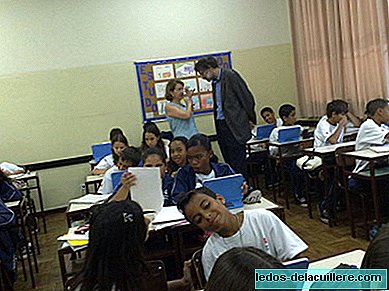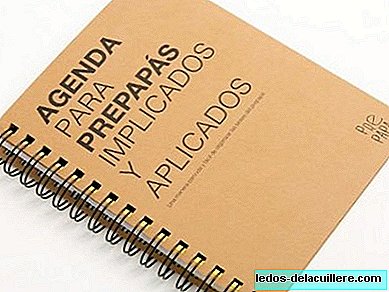
After the approval in the Council of Ministers of the LOMCE, the main points on which this new educational reform is based have been made public. Actually based on successive blueprints we already knew them, but it never ceases to amaze me that Education for Citizenship is eliminated, and Religion becomes computable again.
That is, it is compared to other subjects when it comes to taking the average, repeating, obtaining scholarships, or calculating the result of external evaluation tests. Of course, this subject (or its alternative) will not be part, as we have read these days, of the new revalidations - five if I have not lost the account - contemplated by the Law. The alternatives that have been foreseen are Cultural and Social Values in Primary and Ethical Values in Secondary, both will have the same curricular weight, and also (same as religion) will be optional - not mandatory -, although both options may be chosen, in which case the student would renounce another of the optional subjects.
Religion was not treated in such a privileged way from the General Education Law that was in force until the LOGSE legislative panorama entered in 1990
I think the public school (I don't talk about private or concerted, although the latter, let's not forget, is financed with public money) It should be secular because it belongs to everyone, and because the students who live in their classrooms are very different from each other from the cultural, social and ideological point of view. I also think that all confessions must be respected, but they are part of the private sphere, the families that enroll their children in Religion or their alternatives, clearly show their confessional orientation, and that is something that worries me.
But what catches my attention is not that religion is imposed, but the question Will your students be separated from the Values taught in the alternatives? Do not think that it is an irony, because these should be more than values, 'Principles' on which support the learning, because on them identities are built, and beyond ... societies.
When the reform passes from the offices of the politicians and the parliamentary debates to the classrooms, my children will attend Cultural and Social Values, they will not have it difficult because in a matter of 'values' at home we have it very clear. They are necessary for living together and should be the basis of relationships in society.
But since Spain is a non-denominational state and that means that 'no confession will have a state character', I still don't know how to take the new role of the subject of Religion (Catholic) in the Schools.












